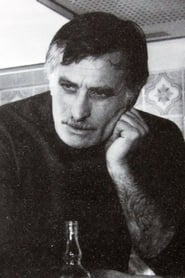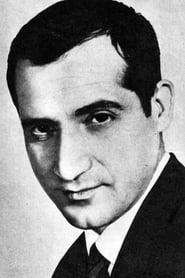Homecoming
Top 5 Billed Cast
Vlado
The Captain

Завръщане
HomePage
Overview
Five Bulgarian émigrés return to their country by submarine from the Soviet Union. They have to organize the antifascist resistance.
Release Date
1967-01-01
Average
0
Rating:
0.0 startsTagline
Genres
Languages:
български езикKeywords
Similar Movies
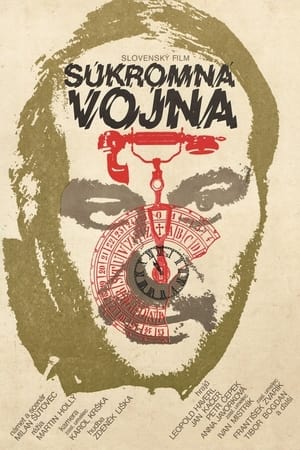 0.0
0.0Súkromná vojna(sk)
Slovak psychological drama from the end of World War II. The plot of the film takes place in a short period of time just before the outbreak of the uprising. It is the story of a man who wages his "private" war against the man who is responsible for the serious injury of his brother. The upcoming Slovak National Uprising becomes the backdrop for a model-built story that touches on stubborn personal revenge in a situation of war conflict, when human life loses all value. The actions of the main character thus sound like increasingly absurd actions, his motives and the impact of his actions are relativized, the very legitimacy of such a belief appears shaky.
 5.9
5.9The Song of the Grey Pigeon(sk)
An unusual children's film set during World War II in Czechoslovakia, this compelling drama unfolds five different segments that present the war through the eyes of three youngsters. The three have a series of adventures which include saving a soldier from being captured by the Germans, helping out the resistance fighters, and meeting up with a young Russian woman trained in guerrilla warfare. As they learn more about life and danger, various circumstances constantly recall the reality of war itself. The title comes from a wounded pigeon under the care of one of the youngsters.
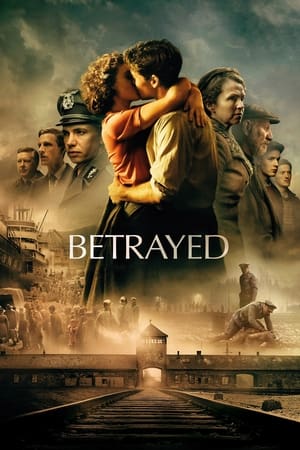 7.0
7.0Betrayed(no)
During World War II, millions of Jews from all over Europe are deported and killed in German concentration camps. When the German troops invade Norway, the Norwegian Jews feel safe and protected. But anti-Semitism knows no borders and as the war escalates in Europe, the situation changes drastically. Suddenly, their radios are taken away; their passports are stamped with a big J and one day, all the men men over the age of 15 are arrested and taken to prisons camps. Many of the women left behind are too frightened to escape and are desperately waiting for their husbands and sons to come back home. On November 26, 1942, hundreds of Jews are picked up by the police in the middle of the night and are transported to the dock in Oslo. Unknowing and frightened men, women, children, sick and old are forced on board the awaiting German cargo ship "SS DONAU". The ship leaves with 532 Norwegian Jews onboard; 302 men, 188 women and 42 children. The end station is Auschwitz.
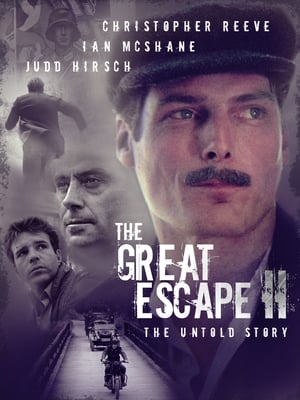 4.7
4.7The Great Escape II: The Untold Story(en)
Allied prisoners tunnel out of a stalag, then return to avenge fellow escapees executed by the Nazis.
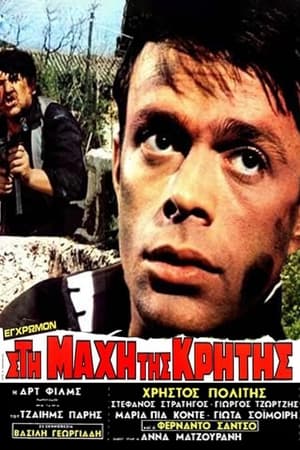 7.0
7.0At the Battle of Crete(el)
The picture is set during Battle of Greece and Crete Battle in 1941, after the fall of the mainland when the Germans entered Athens.
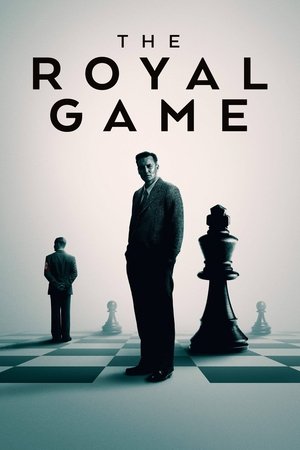 7.0
7.0Chess Story(de)
1938. While the Nazi troops march into Vienna, the lawyer Josef Bartok hastily tries to escape to the USA with his wife but is arrested by the Gestapo. Bartok remains steadfast and refuses to cooperate with the Gestapo that requires confidential information from him. Thrown into solitary confinement, Bartok is psychologically tormented for months and begins to weaken. However, when he steals an old book about chess it sets him on course to overcome the mental suffering inflicted upon him, until it becomes a dangerous obsession.
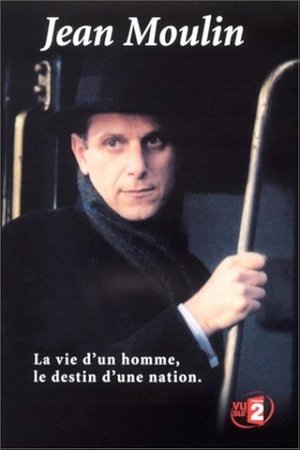 0.0
0.0Jean Moulin(fr)
The life (and death under torture) of Jean Moulin, head of the French Interior Resistance movements during WWII.
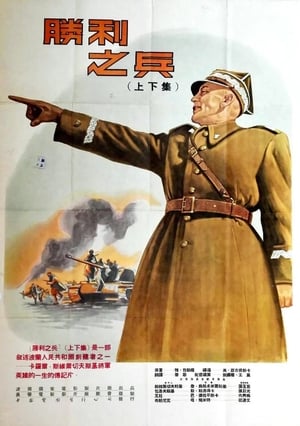 0.0
0.0Soldier of Victory(pl)
Two-part biopic about General Karol Świerczewski, living embodiment of the party line, and the group of party members from his hometown fighting the fascist forces towards the socialist state of affairs.
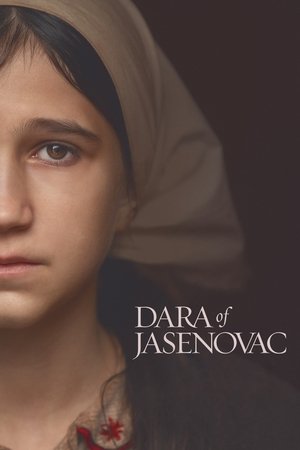 7.5
7.5Dara of Jasenovac(sr)
During the Nazi-occupied Ustasha regime "NDH" in former Yugoslavia during WWII, little girl Dara is sent to the concentration camp complex Jasenovac in Croatia also known as "Balkan's Auschwitz".
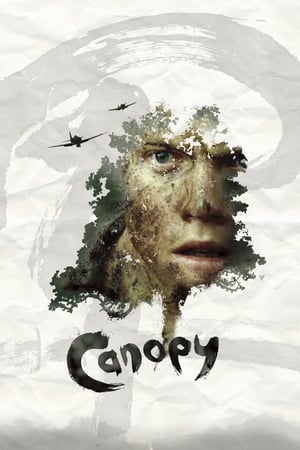 5.6
5.6Canopy(en)
Wartime, 1942. Singapore. An Australian fighter pilot shot down in combat awakens suspended in the treetops. As night devours day, he must navigate through dangerous jungle in search of sanctuary.
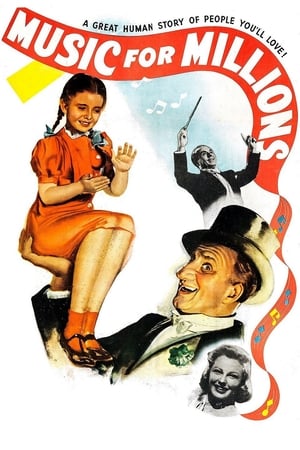 6.0
6.0Music for Millions(en)
Six-year-old "Mike" goes to live with her pregnant older sister, Babs, who plays string bass in José Iturbi's orchestra. And the orchestra is rapidly turning completely female, what with the draft. As the orchestra travels around the country, Babs' fellow orchestra members intercept and hide her War Office telegram to protect the baby.
Big Night and Big Day(sk)
Slovakian villagers towards the end of WW II are despairing as German troops fall back to their village.
Fragments of War: The Story of Damien Parer(en)
The life story of Damien Parer, the acclaimed World War II photographer, who spent most of the war on the frontline.
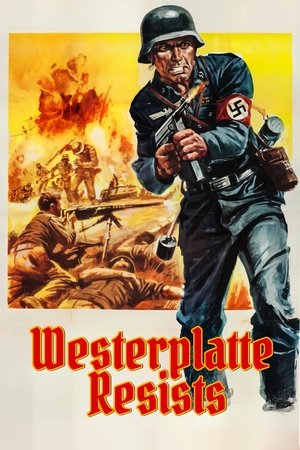 6.8
6.8Westerplatte Resists(pl)
Westerplatte is a small peninsula at the entry to the Gdańsk Harbour. Before World War II, it functioned as a Polish ammunition depot in the Free City of Danzig. Its crew consisted of one infantry company and a group of civilians, 182 people in total. It was the only Polish guard-post at the mouth of the Vistula River, with as little as five sentries, one field cannon, two anti-armour guns and four mortars. The first shots of World War II were fired there. This film tells the story of Westerplatte's courageous defenders.
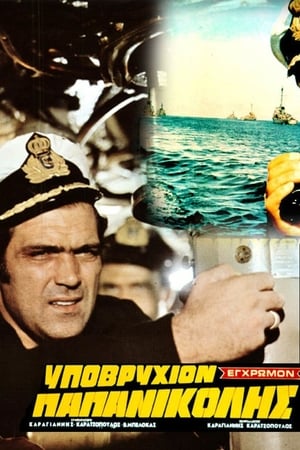 8.0
8.0Underwater Papanikolis(el)
October 28, 1940. Along with the Italian army's attack on the Greek-Albanian border, Greece comes under fire from the Italian air force. The submarine Papanikolis, commanded by Captain Milto Iatridis and First Officer Vasilis Aslanoglou, is ordered to patrol the Gulf of Patras. Following the army's victories, the war council decides that it is time for the navy to enter the war and orders the submarine Papanikolis to patrol the Strait of Otranto. There, the crew captures the crew of an Italian ship and their engineer reveals the minefields of the Adriatic. Thus, the Papanikolis begins its mission. After completing its mission, it returns to its base, where it is honored.
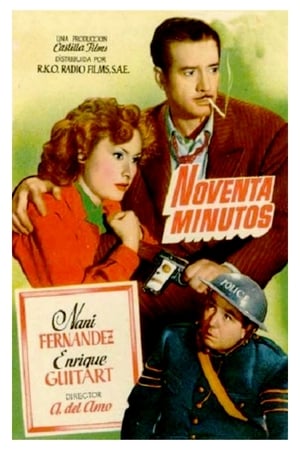 3.5
3.5Noventa minutos(es)
London, England, World War II. During a bombing, several people are trapped in the basement of a building where the air will run out in only ninety minutes.
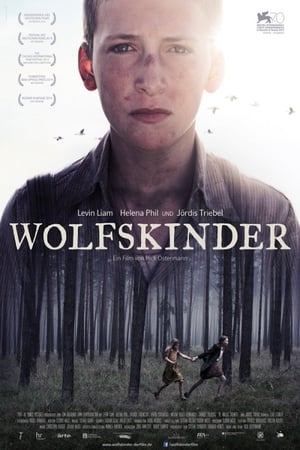 6.8
6.8Wolf Children(de)
The story of a boy who, driven by the search for his lost brother in the turmoil of WWII, joins a group of children in order to survive the chaos of post-war anarchy in the haunted forests of Lithuania.
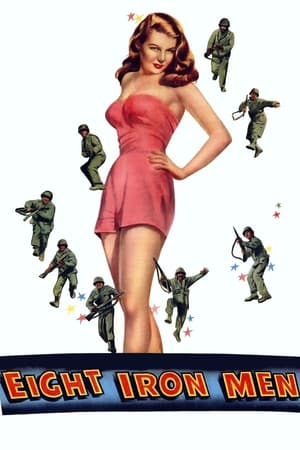 6.8
6.8Eight Iron Men(en)
During the World War II in Italy, Sergeant Joe Mooney is leading his small squad on the front-lines but is ordered to avoid rescuing a soldier trapped in no man's land.
